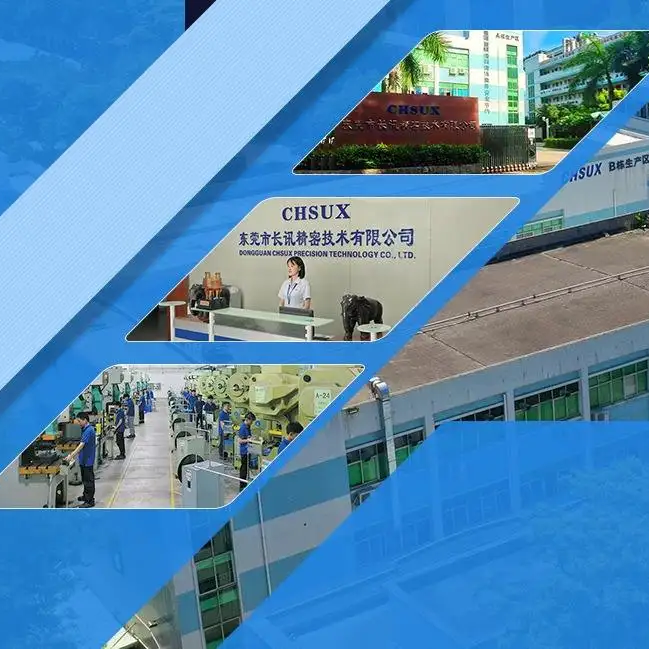
CHSUX pateikia išsamų automobilių aparatinės įrangos komponentų pasirinkimą, sukurtą B2B klientams. Mūsų produktai yra sukurti siekiant puikumo, užtikrinant išmoką, patikimumą ir našumą kiekviename taikymo atveju. Su CHSUX jūs galite tikėtis mūsų kokybės, ekspertizės ir įsipareigojimo jūsų sėkmėje.
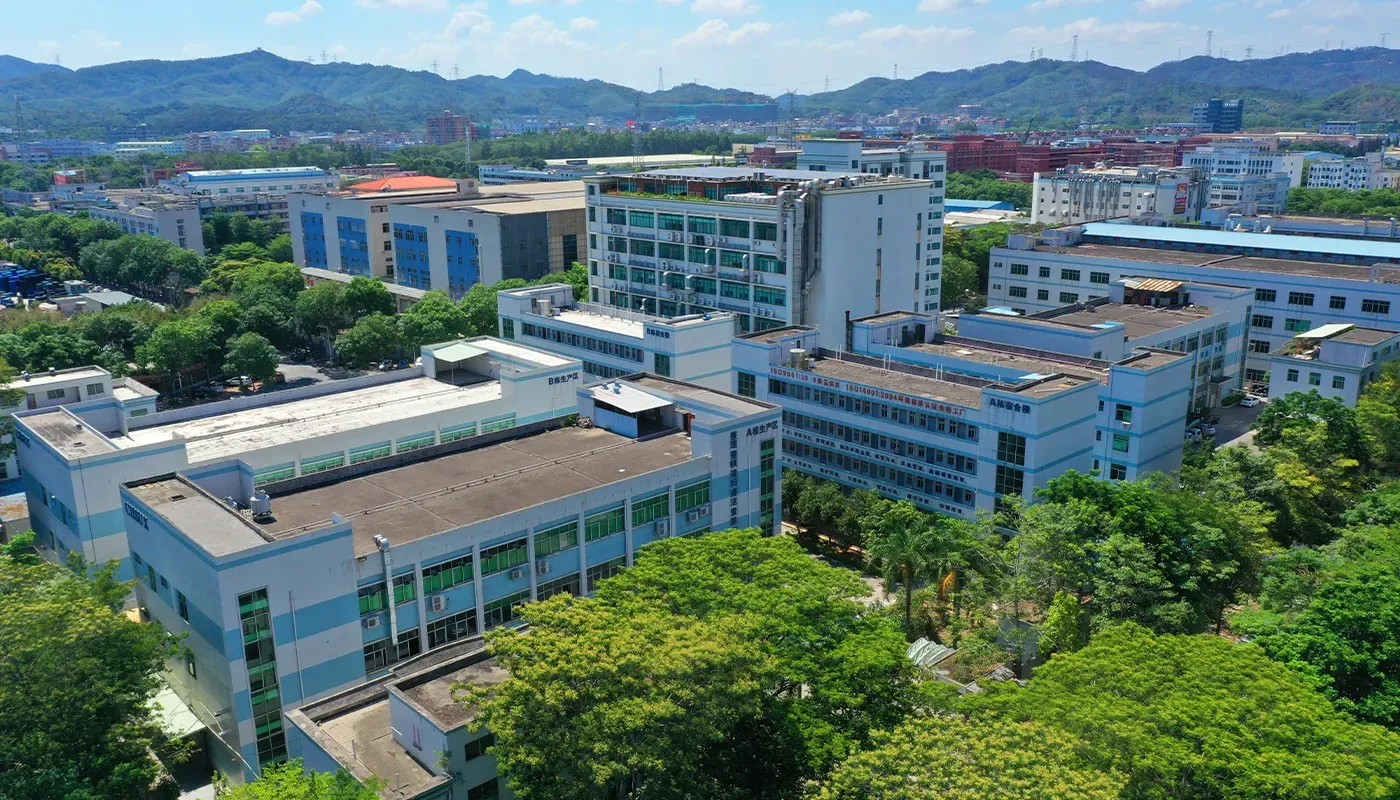
Dongguan CHSUX Precision Technology Co., Ltd., 17 metų OEM ir ODM gamintojas gamybos įmonė Dongguan mieste, specializuojasi tyrime, vystyme, gamyboje ir prekyboje tiksliajam metaliniam aprangai, RF jungikliams, koaxialiniams kabeliams, kabelių rinkiniams, antenoms, automobilių detalims ir mikrobangos produktams. Su išplėtu RF Koaxialinių jungiklių, tokių kaip SMA, SSMA, SMB ir kitų, pasirinkimu, tenkiname įvairius klientų poreikius.
Apminkta moderniosiomis automatinėmis ir pusautomatinėmis įrangomis , palaikome galingą Tyrimo ir vystymosi komandą ir gamybos grandinę. Mūsų prisižadėjimas kokybei akivaizdus dėl priklausomybės tarptautiniams standartams, tokiais kaip IATF 16949, ISO 9001 ir ISO 14001.
Kviestiems klientams ir verslo partneriams visame pasaulyje dirbti kartu siekiant bendro augimo ir sėkmės.
Visada naudojamos aukštos kokybės medžiagos užtikrina klientų pasitenkinimą.
Efektyvi logistikos sistema padeda laiku pristatyti prekes visame pasaulyje.
Priviliojančios kainos didina didelių užsakymų sąnaudas.
Atsakinga paslauga stiprina klientų santykius ir pasitikėjimą.
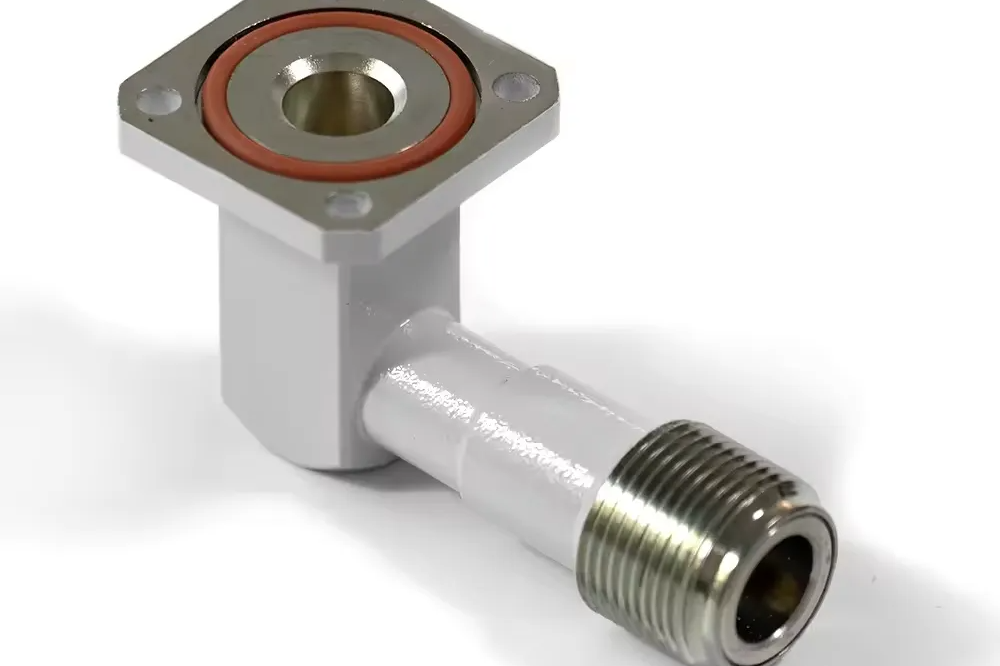
09
Aug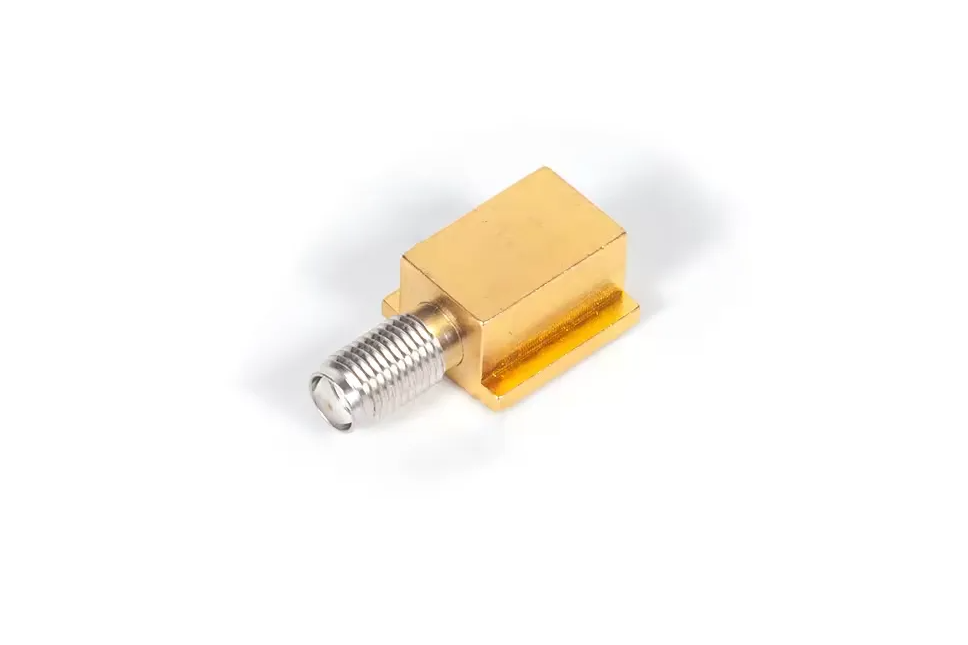
09
Aug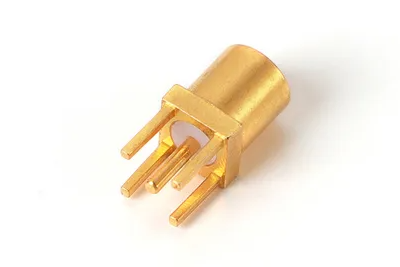
09
AugCHSUX siūlo plačią automobilių techninių dalių gamybos įvairumą, įskaitant šrauvus, skeltis, klipus ir kitus elementus. Mūsų produktų eilutė yra sukuriama, kad atitiktų įvairias automobilių gamintojų reikalavimus.
CHSUX laikosi griežtų kokybės kontrolės priemonių visą gamybos procesą. Nuo suvesinių medžiagų pasirinkimo iki galutinio produkto inspekcijos, mes užtikriname, kad kiekviena detalė atitinka mūsų aukštas kokybės ir patikimumo standartus.
Taip, CHSUX siūlo individualizacijos paslaugas, kad atitiktų jūsų specifinius reikalavimus. Mūsų inžinieriai dirbs kartu su jumis, kad sukurtų sprendimą, atitinkantį jūsų poreikius.
Laikotarpiai kinta atsižvelgiant į produktą ir užsakymo kiekį. Tačiau stengiamės užtikrinti greitą pateikimą ir dirbsime su jumis, kad atitiktų jūsų gamybos grafikus.
Tikrai. CHSUX teikia išsamų techninį palaikymą, kad jūs galėtumėte pasinaudoti mūsų produktais geriausiai būdu. Mūsų komanda yra prieinama norint atsakyti į jūsų klausimus ir teikti pagalbą bet kada, kai reikia.
Galite daryti užsakymą per mūsų svetainę, el. paštu arba susijaudinus su mūsų pardavimų komanda tiesiogiai. Vadovausime jumis per užsakymo procesą ir užtikrinsime, kad būtų atitiktos jūsų poreikiai.
